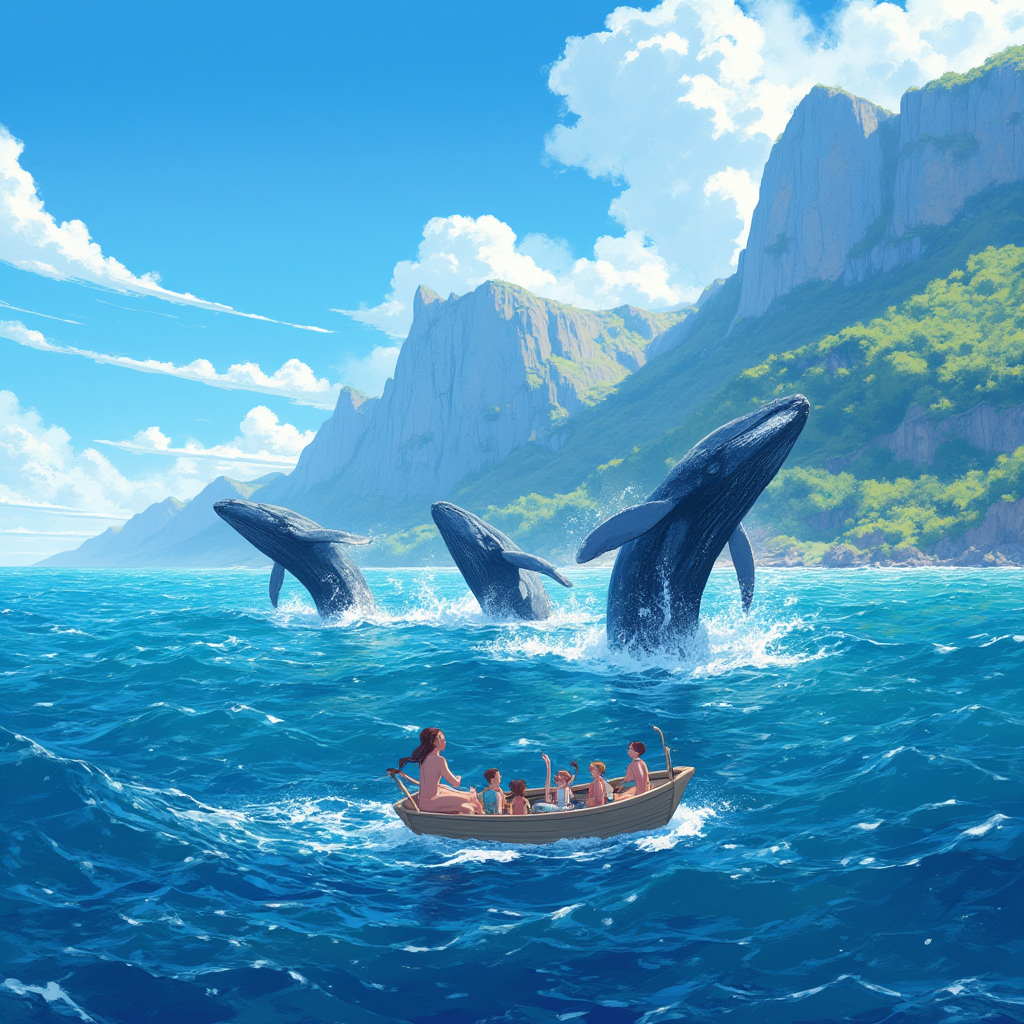The Only Place Where Whales Come to Watch You

The Curious Gray Whales of Mexico's Laguna San Ignacio
While exploring Mexico's Laguna San Ignacio, I encountered an extraordinary phenomenon: Pacific gray whales, once nearly hunted to extinction, now approach boats with curiosity.
A Memorable Encounter
"Here she comes again!" exclaimed our guide, José Sanchez, as a gray whale returned to our boat for the fifth time in 45 minutes. This gentle giant, weighing around 40 tons, played alongside us, showcasing its trust as it gently rubbed against the boat, inviting interaction.
The Sanctuary of the Gray Whales
Laguna San Ignacio serves as the last undisturbed breeding lagoon for Pacific gray whales. Every year from January to mid-April, these whales migrate over 19,000 km from their icy Arctic homes to this protected sanctuary for mating and calving. Remarkably, their previous fear toward humans has transformed into an expectation of friendly encounters.
The Science Behind Interactions
According to marine biologist Dr. Steven Swartz, the absence of threats in the lagoon has fostered this behavior. Unlike encounters elsewhere, here, the whales voluntarily approach humans, creating a unique and memorable experience.
Community Conservation Efforts
The near extinction of gray whales in the 18th and 19th centuries shifted local attitudes. Francisco (Pachico) Mayoral's historic interaction with a whale sparked a change, leading to the establishment of eco-tourism in the lagoon. Mayoral's commitment to conservation and community-driven efforts significantly influenced whale protection measures.
Future Challenges
Climate change poses new threats. Activists like Xiye Bastida emphasize the importance of restoration efforts and sustainable practices in preserving this unique habitat. WildCoast is leading initiatives to protect the lagoon while balancing eco-tourism and conservation efforts.
As we continue our journey to protect these conscious creatures, each encounter serves as a reminder of our responsibility to safeguard them for future generations.




